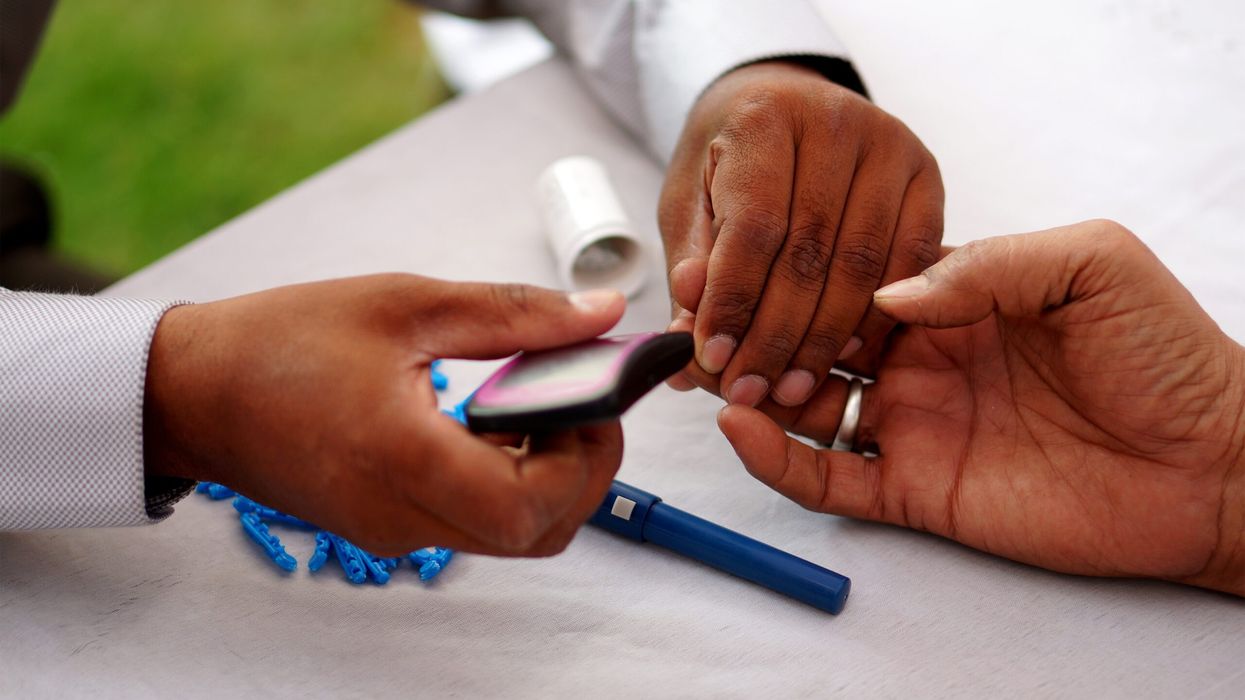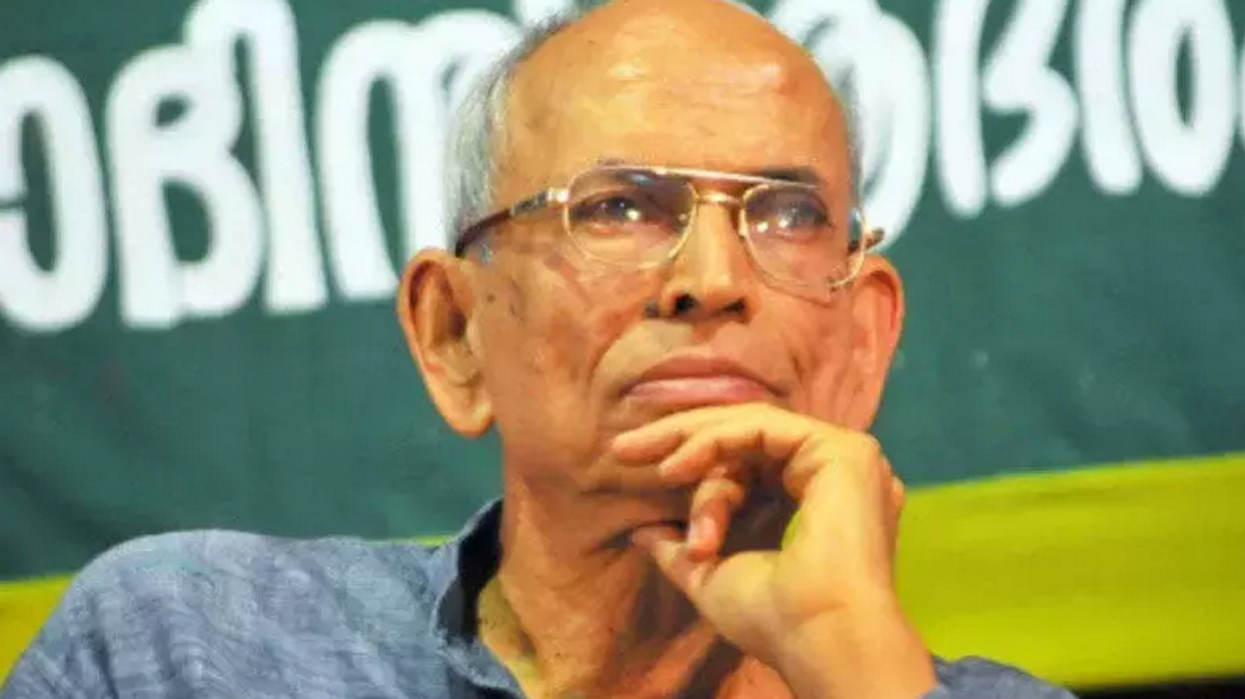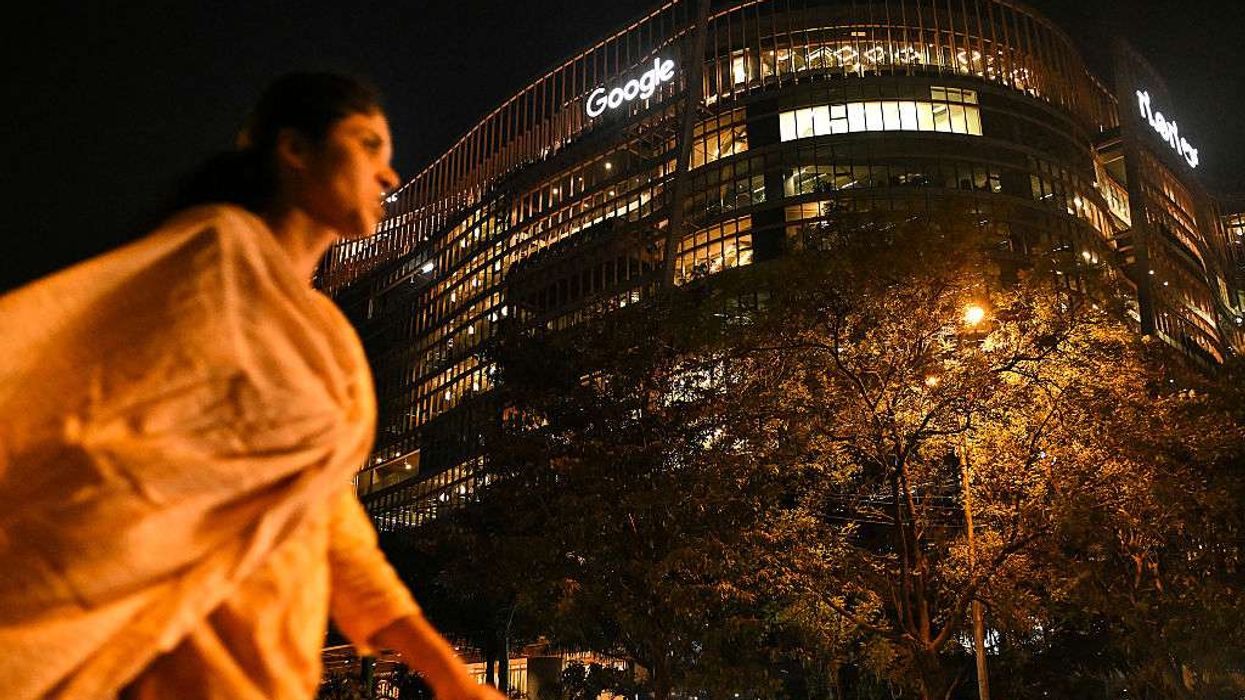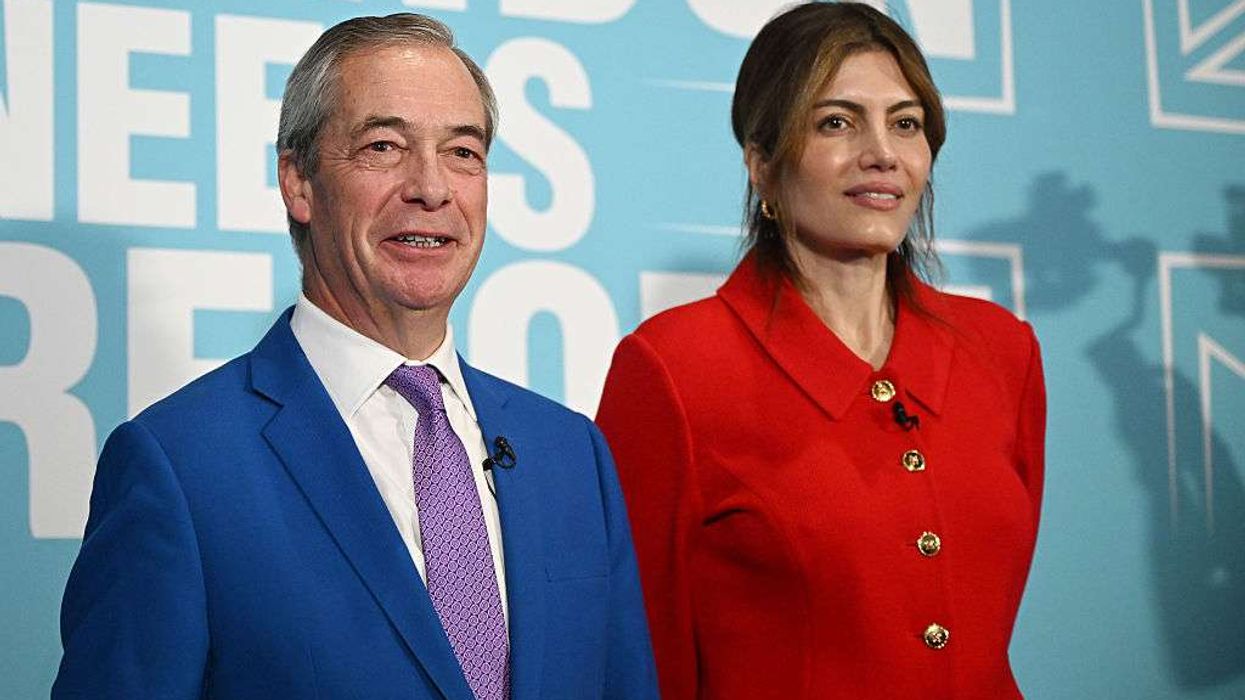AN ESTIMATED 828 million people globally were living with diabetes in 2022, with more than a quarter of these cases in India, according to a study published in The Lancet.
The study, by researchers from the Non-Communicable Disease Risk Factor Collaboration (NCD-RisC), indicates that the global diabetes count has increased over fourfold since 1990, with the highest rise in low- and middle-income countries (LMICs).
Between 1990 and 2022, diabetes treatment rates remained low in many of these LMICs, even as cases surged, leading to 445 million adults aged 30 and over globally not receiving treatment for the disease in 2022, the researchers noted. India accounted for over a quarter of the total cases, with 212 million people affected. China had 148 million cases, followed by the US with 42 million, Pakistan with 36 million, and Brazil with 22 million.
NCD-RisC, coordinated by the World Health Organization, is a global network of over 1,500 researchers focused on non-communicable disease risk factors. In India alone, nearly one-third of the global total of untreated diabetes cases – approximately 133 million people – went untreated in 2022.
“Our findings suggest there is an increasing share of people with diabetes, especially with untreated diabetes, in low- and middle-income countries,” said Jean Claude Mbanya from the University of Yaounde 1, Cameroon. He emphasised that undiagnosed diabetes is often unrecognized, making detection an urgent priority for countries with low treatment levels.
Untreated diabetes is associated with complications such as diabetic retinopathy, a condition that can lead to vision loss and blindness. A study published in the International Journal of Diabetes in Developing Countries in 2022 reported that 12.5% of people with diabetes in India (around 3 million people) had diabetic retinopathy, and 4% of those cases were considered vision-threatening.
The SMART India Study, conducted by researchers from institutions including Chennai’s Sankara Nethralaya, examined over 6,000 diabetic patients aged 40 and above across ten Indian states and one union territory, recommending regular screening for diabetic retinopathy among patients.
“Preventing diabetes through diet and exercise is essential for better global health,” said Ranjit Mohan Anjana from the Madras Diabetes Research Foundation in India. He added that policy measures restricting unhealthy foods and promoting affordable healthy alternatives are necessary.
Claude Mbanya noted that improved diabetes diagnosis would benefit from strategies like workplace and community screening programs, extended healthcare hours, and integration with existing programs for conditions such as HIV/AIDS and TB.
(With inputs from PTI)












